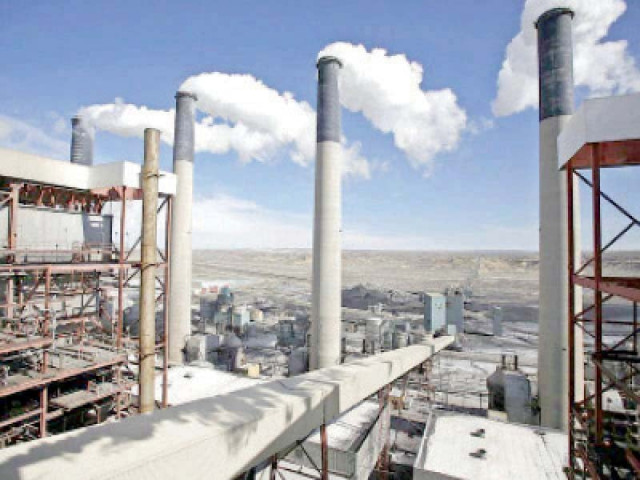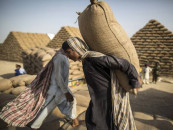Industrialists demand action to halt closures
High energy tariffs threaten SMEs, jobs prompting calls for sustainable policies

Distressed industrialists and entrepreneurs of Karachi have urgently called on the government to develop a sustainable and pragmatic policy to halt the immediate closures of factories across all seven industrial zones of the port city. They are striving to stem the rising tide of Small and Medium Enterprises (SMEs) and other units already struggling, which are being forced to shut down due to increasing energy tariffs. This situation has led to job losses among poor workers, contributing to higher crime rates.
These struggling units have severely hampered industrial growth in the port city and across the country, deteriorating living standards for workers and causing an increase in street crimes and armed robberies, particularly in Karachi, which is the economic hub of the nation. The high cost of doing business has discouraged both industrialists and investors, who are fighting to prevent the closure of thousands of sick units and SMEs that form the backbone of any economy. Large manufacturing units have had to reduce shifts in their factories and lay off workers.
Unaffordable and record-high energy tariffs, particularly for electricity and gas, have rendered SMEs inoperative and dysfunctional. Industrialists and businesspeople are struggling to stop the continuous closures of SMEs in industrial zones and localities. As a result, hundreds of thousands of skilled and technical workers have become unemployed, and thousands of menial jobs have been lost in the country’s business engine, where the crime rate has risen significantly.
Gas and electricity tariffs, which have reached record highs, are vital for running the industry. There is a need for the industry to switch to low-cost energy, including alternative options like renewable energy, solar power, and windmills.
Eminent industrialist and Pakistan Business Group Chairman Farazur Rehman stated, “Karachi is considered the mother of the poor men of the country and an abode of economic power for the citizens, but severe financial challenges have rendered Karachi helpless.” He highlighted that over 80% of the country’s sick units have taken a heavy toll on businesses, with people from all social strata being severely affected by the economic meltdown.
Founding President of the Turnaround Management Association (TMA) Pakistan Chapter and the only chartered member of TMA Chicago USA in Pakistan, Tahir Mahmood Chaudhry stressed that the government must play its role in enhancing industrial growth by addressing the issues of sick units and hiring experts. This would allow educated people and workers to earn a decent living and help control the crime rate, thus generating jobs in the port city and other parts of the country.
Meanwhile, the seven industrial zones of Karachi facing financial crises include the Site Association of Industry (SAI), Site Superhighway Association of Industry (SSHAI), Korangi Association of Trade and Industry (KATI), Landhi Association of Trade and Industry (LATI), Federal B Area Association of Trade and Industry (FBATI), North Karachi Association of Trade and Industry (NKATI), and Bin Qasim Association of Trade and Industry (BQATI).
Published in The Express Tribune, June 2nd, 2024.
Like Business on Facebook, follow @TribuneBiz on Twitter to stay informed and join in the conversation.



















COMMENTS
Comments are moderated and generally will be posted if they are on-topic and not abusive.
For more information, please see our Comments FAQ